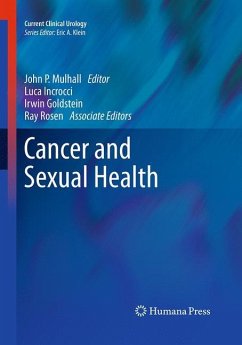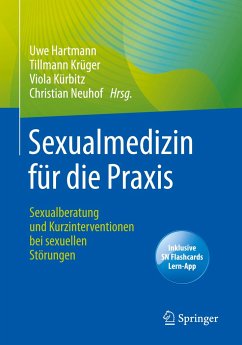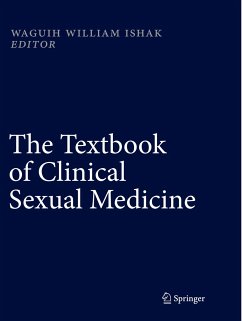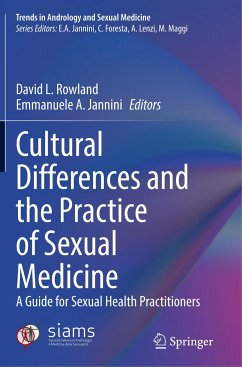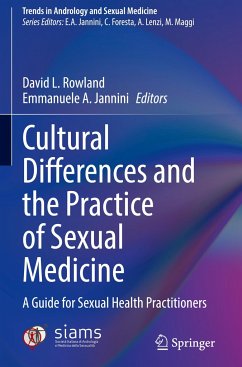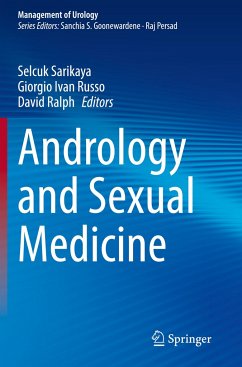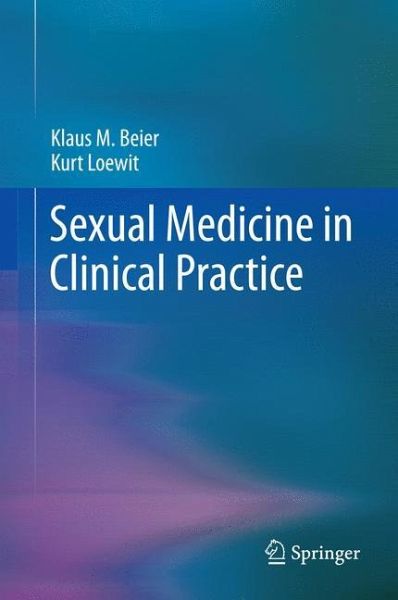
Sexual Medicine in Clinical Practice
Versandkostenfrei!
Versandfertig in 6-10 Tagen
38,99 €
inkl. MwSt.
Weitere Ausgaben:

PAYBACK Punkte
19 °P sammeln!
Call it a remnant of our Victorian past, but sexual concerns lag behind other aspects of health, both in the training of physicians and therapists and in the way they impart this knowledge to clients. But as sexuality gains recognition as crucial to one's quality of life, evidence-based methods of understanding and discussing sex are imperative-and not only in treating pathology. Sexual Medicine in Clinical Practice provides framework, rationale, and strategies for both approaching sexual problems and addressing patients' questions about sexual health, behavior, and relationships. Analyzing sexuality along three dimensions-attachment, reproduction, and desire-this concise manual offers a biopsychosocial lifespan model readily translatable into clinical work. This "syndyastic" framework integrates attachment and relational theory to reinforce the bond between intimacy and connectedness, and models nonjudgmental approaches to disorders of sexual function, maturity, preference, and behavior. The authors' salutogenic rather than pathogenic focus lets clients become major players in their own healing, and the therapist or doctor serve as expert and guide. Among the topics covered: The communicative function of sexuality. The spectrum of sexual disorders. Principles of diagnostics in sexual medicine. Disease-centered versus client-centered aspects of sexual therapy. Therapeutic approaches for sexual traumatization. New challenges, including preventing child sexual abuse and online sex crime. Plus case studies, interdisciplinary references, and ethical issues. A timely, perspective- and practice-altering volume, Sexual Medicine in Clinical Practice is essential reading for family and primary care physicians, family and sex therapists, health psychologists, and psychiatrists.








